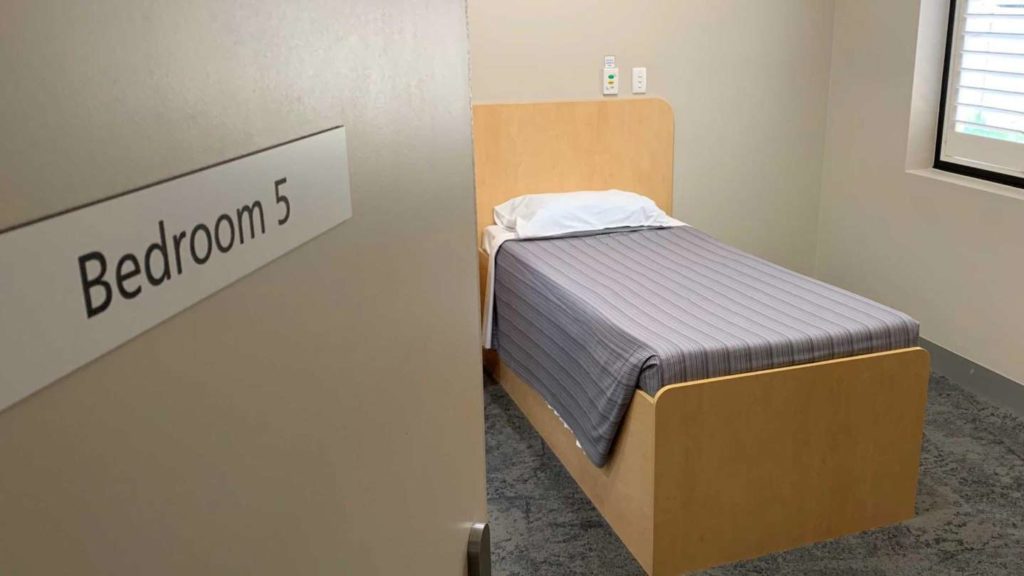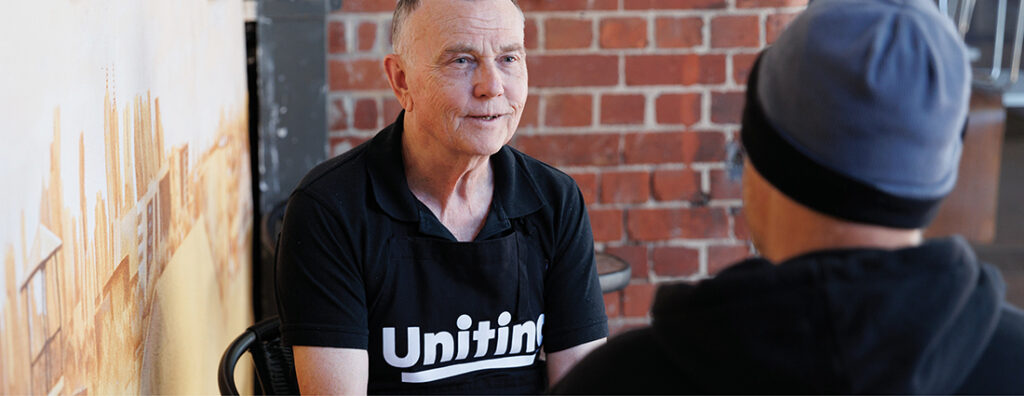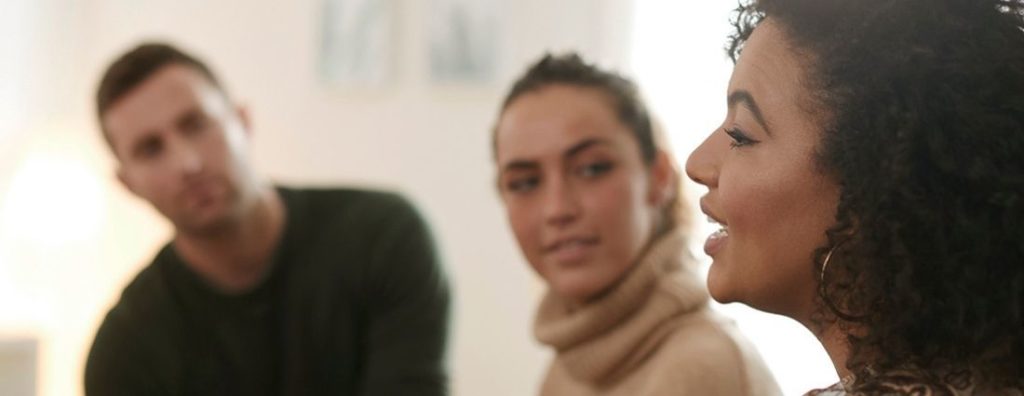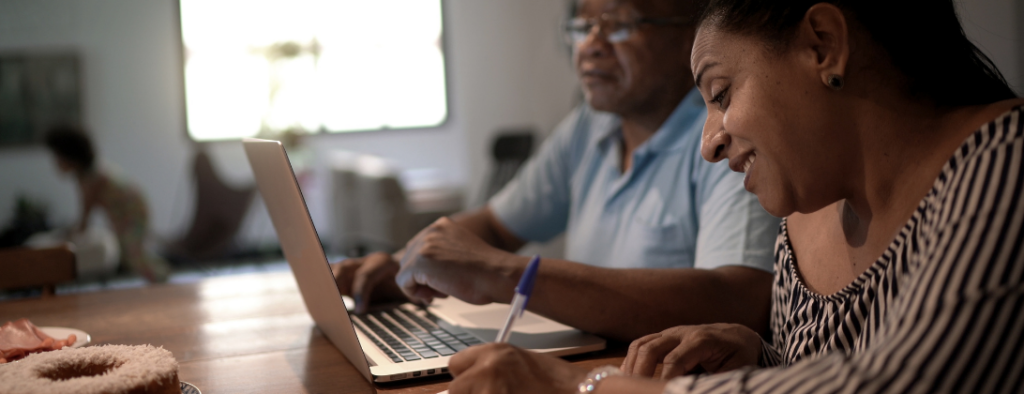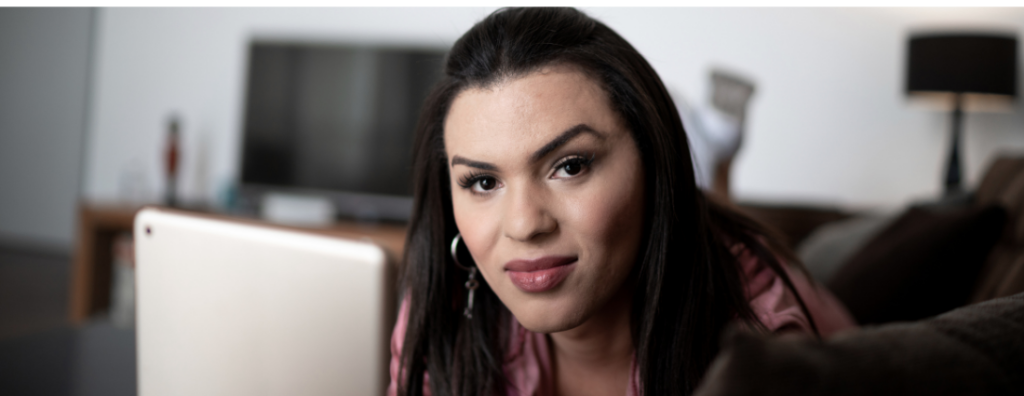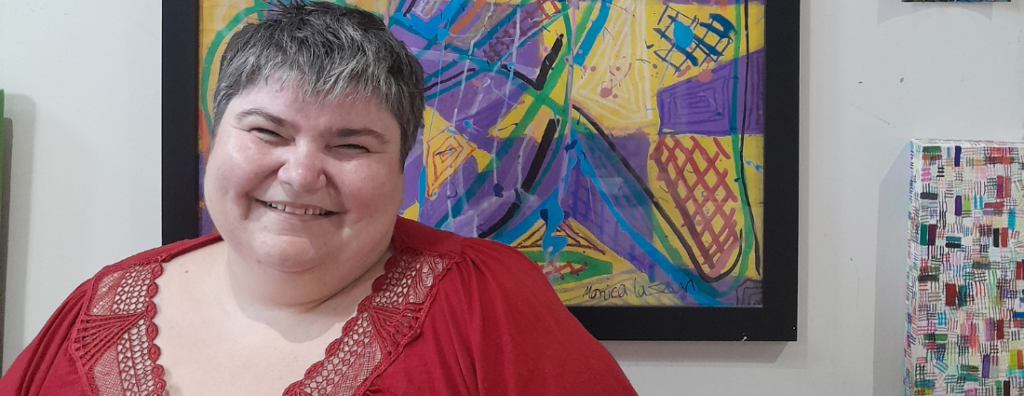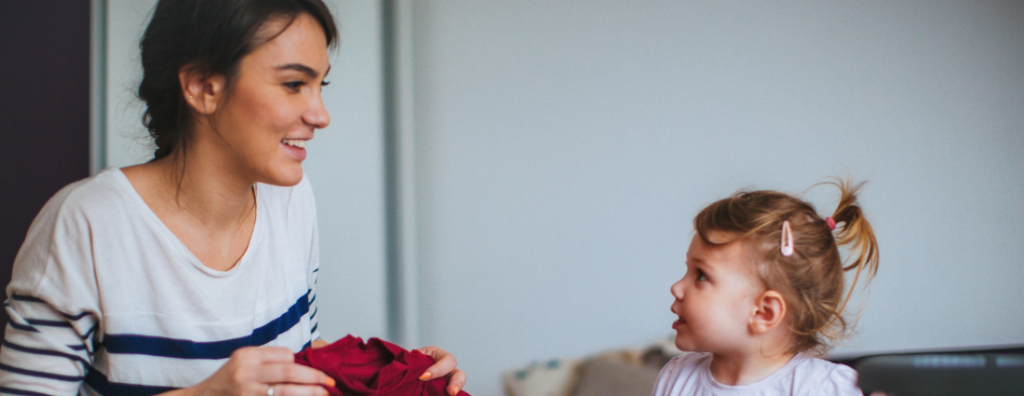Victorians with a drug or alcohol problem are struggling to access publicly-funded addiction treatment beds as waiting times blow out because of the COVID-19 pandemic.
Beating dependency is often a two-step process: weaning off the substance at a residential withdrawal clinic, before learning how to live without it at a rehabilitation facility.
One of the state’s biggest residential withdrawal clinics, Uniting ReGen at Ivanhoe, in Melbourne’s north-east, currently has about 90 people on its waiting list. People are waiting up to two months to access the services.
“We’ve never had a waiting list this long,” ReGen’s manager Rose McCrohan said.
“What’s remarkable is that some of those people have not sought treatment before.”
Odyssey House, which with three sites is one of the largest residential rehabilitation services in the state, has almost 300 people waiting between six weeks and three months to get in.
COVID-19 has created severe challenges for the sector, as social distancing measures have coincided with greater demand for treatment.
“At the height of the pandemic, we had to cut back our bed numbers by about 40 to 50 per cent,” Odyssey’s chief executive Stefan Gruenert said.
“That just allowed people to have their own rooms and to maintain some distance when they were dining and all in the shared areas.”
Fleeting window of opportunity
While Odyssey House has since boosted the number of available beds, it has yet to return to full capacity.
“There’s still a huge backlog of people waiting to get in,” Dr Gruenert said.
But those seeking help cannot afford to wait too long.
“There has actually been a couple of people pass away while they’ve been on our waiting list which is not normal,” Ms McCrohan said.
“We don’t have the exact details as to why they passed away, however to have that happen a couple of times is abnormal.”
Recovered heroin addict Warren, who does not want his last name used for privacy reasons, warns the “moment of clarity” when someone decides to get help for drug and alcohol addiction can be fleeting.
“We get in enough pain and the window opens where we go OK, I need help,” Warren said.
“But then when we get told ‘oh you’ve got to wait six weeks, and not only that you need to continue to call us so we know you’re still interested in the bed’, you know the window closes again.”
Demand expected to surge as restrictions ease
To make matters worse, the sector is bracing for a possible surge in demand early this year from people who simply cannot wait any longer to get help for their addiction.
“There’s a whole bunch of people out there that during COVID didn’t go anywhere, they weren’t going to seek any help and they weren’t visiting anybody,” the Victorian Alcohol and Drug Association’s executive officer Sam Biondo said.
“That’s what I call suppressed demand, they feel comfortable now.”
The pandemic has also exacerbated a long-term shortage of publicly-funded drug and alcohol treatment beds in Victoria.
“Victoria traditionally has had probably the second-lowest number of available residential beds in the country, second to South Australia,” Mr Biondo said.
“Per capita the State Government has sought to increase the number of beds, however, social distancing and COVID has probably knocked a large part of that capacity out of circulation.”
The Victorian Government said the number of residential rehabilitation beds in the state would have doubled by July this year to 492.
It said it would work with the sector to address any concerns.
“The impacts of coronavirus on the alcohol and drug rehabilitation system are continuing to be monitored,” a spokesperson said.
“We’ve invested $52.1 million in new residential rehabilitation facilities in the Gippsland, Hume and Barwon regions — the new facilities will provide care and support to an additional 900 Victorians every year.”
